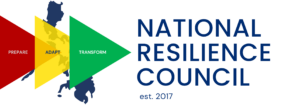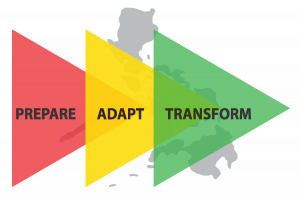Our Vision
Forging transformative pathways toward the attainment of climate and disaster resilience.
Our Mission
Strengthen public-private-people partnerships and locally-led innovations to enhance capacities for science and technology-informed, evidence-based, effective and efficient risk and resilience governance.
Towards a
resilient
Philippines.
Core Values

Resilience
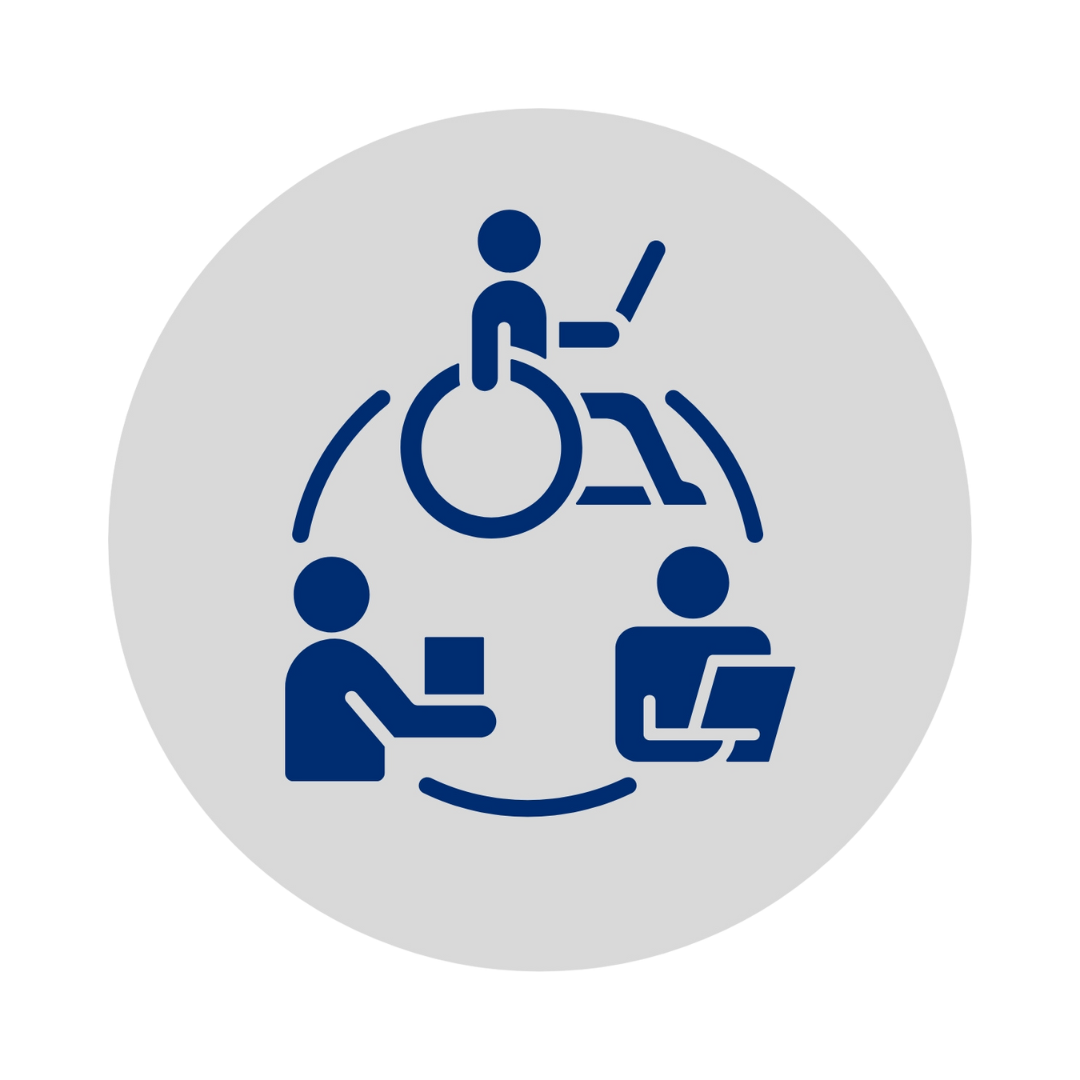
Inclusivity

Transformative Leadership

Integrity

Innovation
Our Story
The National Resilience Council (NRC) is a science and technology-based public-private-people partnership supporting the government and private sector, the academe, and communities to advance the intersecting goals of the Sendai Framework for Disaster Risk Reduction 2015-2030, the 2030 Agenda for Sustainable Development Goals, the Paris Climate Agreement, the New Urban Agenda, and Making Cities Resilient 2030 of the United Nations Office for Disaster Risk Reduction (UNDRR).
The formation of NRC was driven by the convergence of visions of the late Ambassador Roberto R. Romulo and Mr. Hans T. Sy, of SM Prime Holdings, Incorporated. The board structure of the council is composed of the convenor, and the chairpersons for the public and the private sectors, respectively. Additionally, the council has four vice-chairpersons representing the government, the private sector, scientific organizations and academe, and civil society and non-government organizations. This structure facilitates the institutionalization of partnerships between various sectors. Likewise, it ensures the identification of shared values and the co-creation of strategic solutions to demand-driven resilience challenges. The NRC is principally supported by the Philippines’ leading conglomerates; thus, it is also the lead implementing partner of the UNDRR’s Alliance for Disaster Resilient Societies (ARISE) Philippines.
NRC recognizes the intrinsic and dynamic nature of risk and the Philippines’ unique patterns of development, necessitating a culture of resilience – bridging the critical disparities between science, policy, and practice, by (1) strengthening public-private-people partnerships, (2) promoting leadership and governance (L&G) on knowledge development and the application of science and technology (S&T) in addressing multiple challenges of disaster risk, (3) implementing climate and disaster resilience programs under the Resilient Local Government Unit Program (RLGUP)– which facilitates capacity-building interventions (i.e., Resilience Reboot, Systems Thinking, and Transdisciplinary Applications) and the deployment of resilience tools (i.e., Resilient Local Government Unit Systems Scorecard, Barangay Resilience Bingo Scorecard, and the SAMBAYANIHAN Framework), and (4) supporting transdisciplinary action research and locally-led innovations to enhance the capacity of local government units (LGUs) toward a science and technology-informed, evidence-based, effective and efficient risk and resilience governance.
As of 2024, NRC continues to uphold its commitment, expanding the coverage for its flagship program, the “Resilient Local Government Unit Program (RLGUP)” with thirteen (13) localities for the Adopt-A-City Initiative, eleven (11) provinces and two (2) regions for the SHIELD Programme, and five (5) localities for Project TRANSFORM. By 2025, NRC expects to add six (6) more areas for the upcoming P4CDRR project in partnership with Alinea International and the Government of Canada.
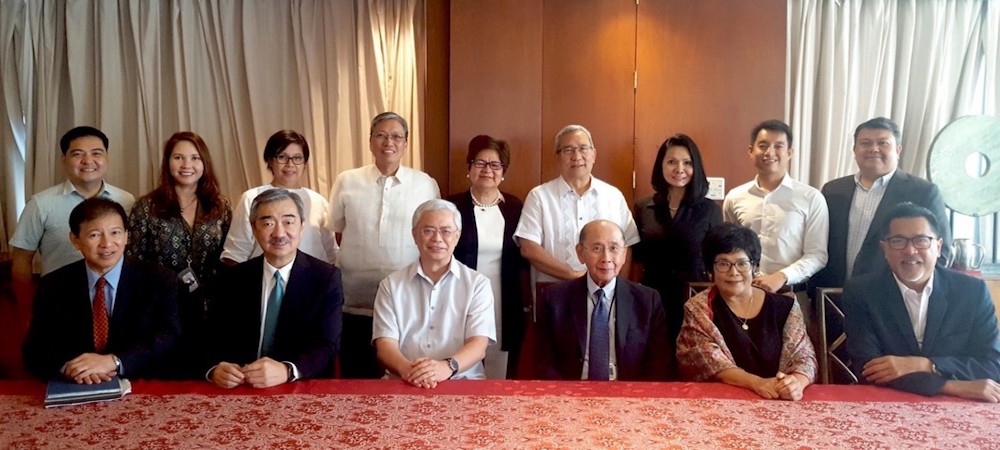
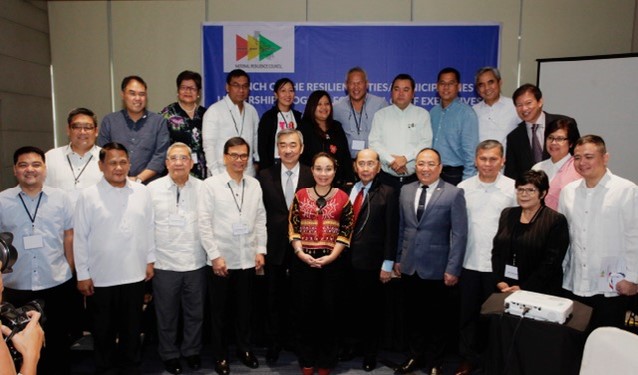
![]()
